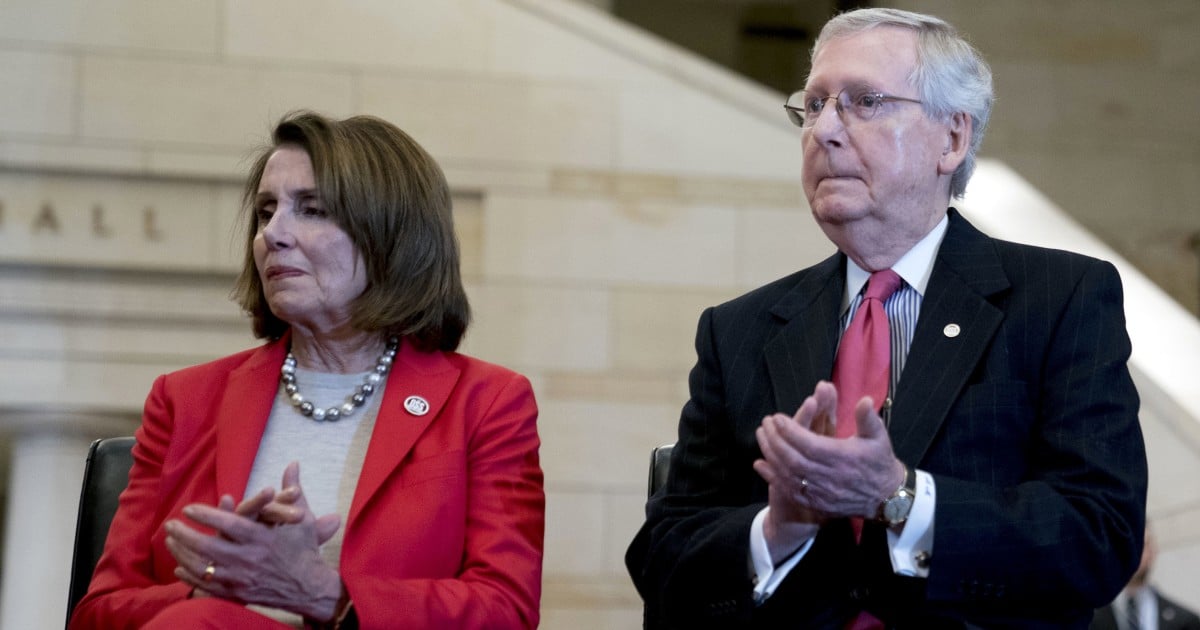
Momentum is strongly behind the United States government ending its war on marijuana. From states legalizing medical and recreational marijuana to the increasing majority support among Americans for full marijuana legalization, countrywide legalization is more and more seeming inevitable. Indeed, I would not be surprised to see the US government legalize marijuana within the next four years. But why not this year or even this week? What is delaying congressional action to legalize? A major barrier appears to be resistance by congressional leadership.
Similar to how House leadership last week acted, through the House Rules Committee, to prevent a House floor debate and vote on legislation seeking to end the US military’s involvement in the war on Yemen, the Rules Committee has for years repeatedly blocked any amendments seeking to liberalize US marijuana law from reaching the House floor. And having such a provision included in a bill before the bill reaches the House or Senate floor is just about unheard of, though the passage in both bodies of the farm bill last week containing legalization of farming hemp (cannabis with a very low THC percentage) is a promising sign that Congress may approve more war on marijuana roll backs soon.
Another promising sign could be Democrats taking over the leadership in the House next month. Democratic voters and Democratic House members have overall been more supportive of ending the war on marijuana than their respective Republican counterparts have been. That suggests that roll-back bills and amendments will fare much better under Democratic leadership than they have under Republican leadership. In line with this expectation, incoming House Rules Committee Chairman Jim McGovern (D-MA) has declared that, unlike his Republican predecessor, he will not block marijuana amendments from reaching the House floor for debate and votes. But, a note of caution is in order. Top overall Democratic leaders in the House have been less than enthusiastic about supporting war on marijuana roll back efforts. Also, there can be a failure of the House and Senate to agree on war on marijuana roll-back or elimination legislation if the Democratic-majority House approves only legislation that includes provisions, such as welfare program expansions coupled with race-based preferences, that could prevent the legislation from advancing in the Republican-majority Senate.
Rep. Thomas Massie (R-KY) asserted in an interview this month that legislation leaving marijuana law up to the states would pass in the House if leadership would just allow a House floor vote on it.
Similarly, Sen. Cory Gardner (R-CO) declared in a new Bloomberg interview that he believes a majority of Senators would vote in support of the US government deferring to states’ marijuana legalization and war on marijuana roll-back laws. This week, Gardner sought to test this proposition by bypassing the blocking of such marijuana bills from reaching the Senate floor. He offered an amendment on the Senate floor proposing a major roll back of this type in the US government’s war on marijuana, but, that amendment also was blocked.
Why are Senators not being allowed to have Senate floor votes on rolling back or ending the US war on marijuana? As in the House, the reason is leadership.
Hopefully, House and Senate leadership will take a new approach to marijuana in January when both a new year and a new Congress begin. There is no reason to have to wait two to four years, or even longer, for the terminating of the US war on marijuana — along that war’s creation of more bad effects. Senate and House leadership, including Senate Majority Leader Mitch McConnell (R-KY) and expected next House Speaker Nancy Pelosi (D-CA), can help make 2019 the year of ending marijuana prohibition. Accomplishing this goal would likely not require leadership members to do much leading. Instead, it could just require that they get out of the way.

